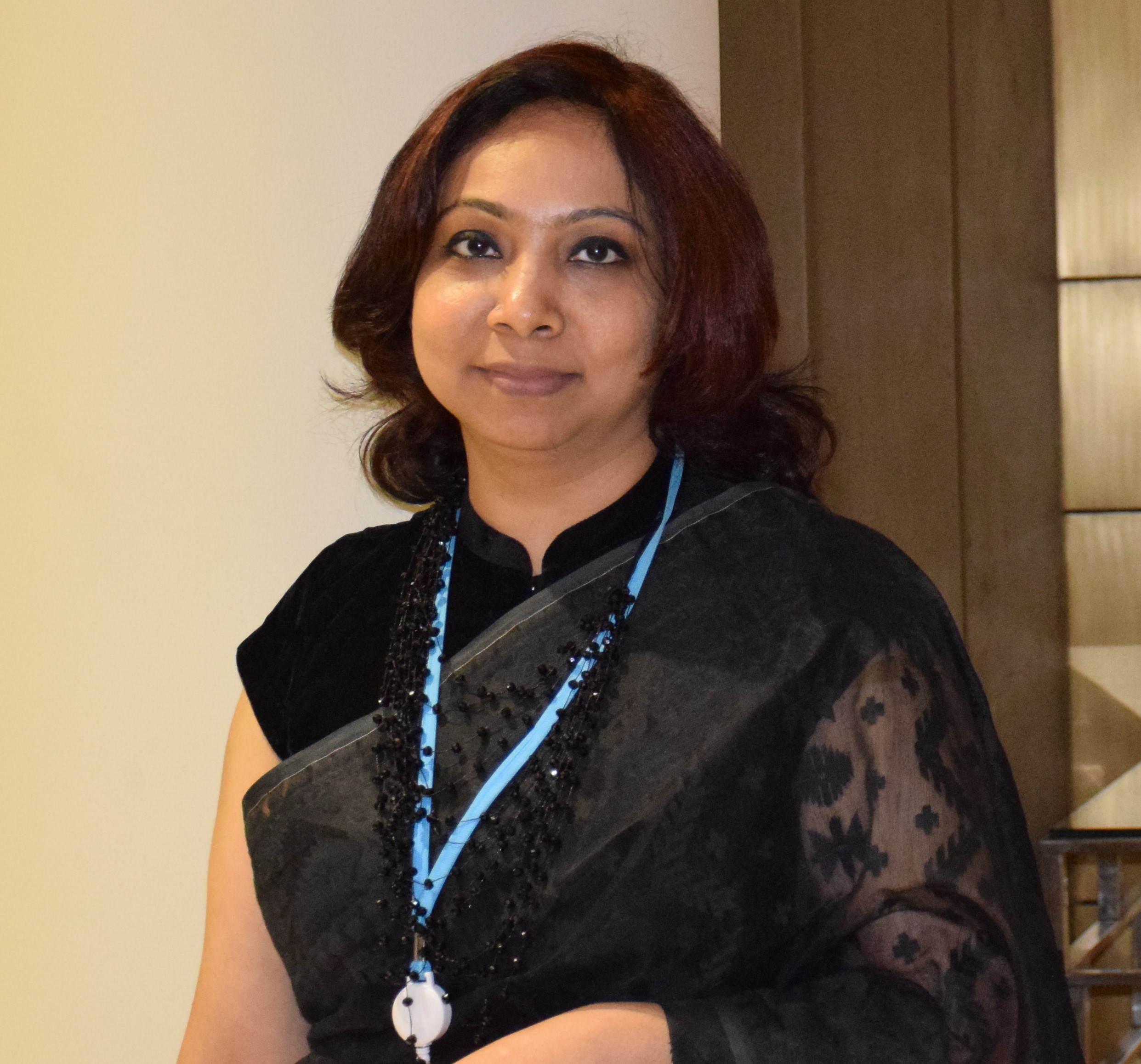Bangladesh
Publicaciones
Situación y prioridades
Situación de la protección social
Social protection in Bangladesh is embedded in Article 15 (d) of the country’s National Constitution (1972). It is also the cornerstone of the National Social Security Strategy (2015) and its accompanying Action Plan (2018), which both cite plans to introduce a National Social Insurance Scheme (NSIS) covering sickness, maternity pay and protection, old-age pensions, workplace accidents and unemployment benefits for workers in the formal economy.The development of the NSIS is still pending. Currently, Bangladesh has 114 disparate social protection programmes, primarily centred around food distribution and cash transfers. The majority of these are non-contributory, with social insurance extremely limited. These programmes need to be better coordinated and integrated under a coherent institutional framework to ensure inclusive coverage of vulnerable populations to reduce social economic risks, food shortages and related hardships.
COVID-19 and other crises
The pandemic has highlighted the gaps and limitations of Bangladesh's fragmented social protection system. The vast majority of the 64.4 million Bangladeshis in informal employment have been significantly affected by the crisis, with poverty expected to increase substantially, eliminating much of the progress made over the past few years.Measures taken by the government to mitigate the effects of the pandemic include providing interest-free loans to employers to pay worker wages, facilitating access to credit for micro and small businesses, providing food assistance to vulnerable people, and increasing the coverage of cash transfer programmes from 15 million to 39.8 million people. Many international actors have provided substantial support in the form of loans and grants, including wage subsidies for garment sector workers. Although there is political will to develop an integrated social protection system, significant legal and institutional reform will be required.
Prioridades del gobierno
As of November 2020, the government is currently preparing the Eighth Five-Year Plan for 2021-2025. The draft plan is set to prioritize GDP growth, new job creation, and rapid poverty reduction. The plan should also include a strong emphasis on the need for a universal healthcare system, which it identifies as a policy area to reduce inequality, as well as: universal access to education, early childhood development and nutrition interventions, rural infrastructure, cash transfer to poor families, and progressive taxation.Proyectos y programas de la OIT
-
Implementation of Employment Injury Scheme Pilot EIS-Pilot in Bangladesh Phase-2
01.10.2023 - 30.04.2024 USD 495.050 Netherlands
Espacios de trabajo
Expertos de la OIT
Alexius Chicham
National Programme Coordinator

Syed Saad Hussain Gilani
Project Manager

Mariko Ouchi
Senior Specialist, Social Protection

Farjana Reza
National Programme Officer

Noushin Shah
National Programme Coordinator
Chayanich Thamparipattra
National Project Officer